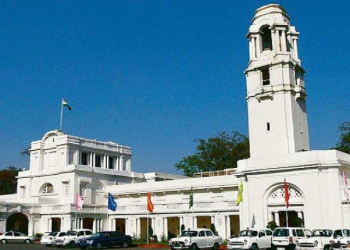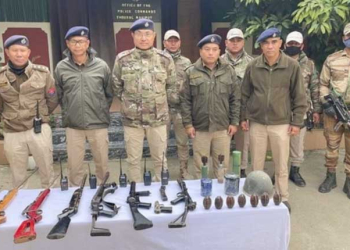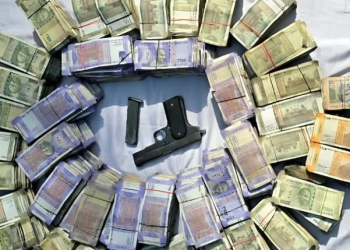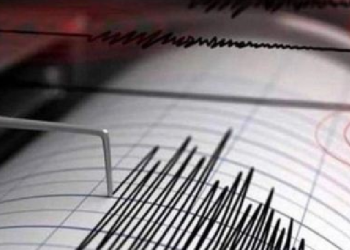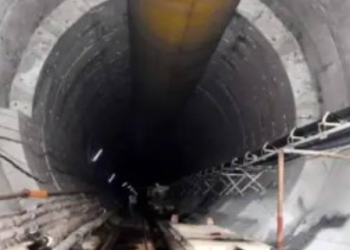New Delhi: The Centre on Wednesday told the Supreme Court that economic offences should be taken seriously, since they are a threat to the financial health of the country.
Solicitor General Tushar Mehta, representing the Centre, submitted that Prevention of Money Laundering Act (PMLA) is a peculiar offence and money laundering usually takes place across borders. He pointed at tax-haven nations where offenders easily park their ill-gotten money.
Citing the international nature of the offence, Mehta submitted before a bench, headed by Justice A.M. Khanwilkar, that the accused establish their own infrastructure in the country where they park their money. Contending that it is a premeditated offence, he said: “It never takes place in the heat of the moment.”
Mehta said it is settled law that economic offences constituting a class apart, and these offences need to be examined differently in bail matters.
During the hearing, the bench, also comprising Justices Dinesh Maheshwari and C.T. Ravikumar, pointed at the slow progress in trials under provisions of the PMLA. Citing an example that persons accused of offence, having seven years imprisonment as punishment, have already undergone six years imprisonment during the trial, and emphasised that some balancing needs to be done.
The top court will continue to hear arguments in the matter on Thursday.
On February 24, Mehta said PMLA is a new law which came into force on July 1, 2005, and the process of filing of prosecution complaints started mainly from 2012 and 2013. He added that till date, prosecution complaints have been filed in 930 cases which are under different stages of trial as on date 21 persons have been convicted under the PMLA.
“In last 17 years, 4,850 cases have been taken up for investigation under the PMLA. The investigation in these offences were carried out by using investigative tools as provided under the PMLA including 2,883 searches and arresting 313 persons,” he said.
The top court is hearing 242 petitions challenging some provisions of the prevention of money laundering act (PMLA) including the stringent bail conditions and arrest of people without supply of ECIR (equivalent to FIR).
Over the past few weeks, a battery of senior advocates, including Kapil Sibal, Abhishek Manu Singhvi, Mukul Rohatgi, Sidharth Luthra, Amit Desai, and others have made submissions before the top court on various aspects related to potential misuse of PMLA provisions introduced by way of amendments to the Act.
The law has been criticised on various aspects: stringent bail conditions, non-communication of grounds of arrest, arrest of persons without supply of ECIR (akin to FIR), broad definitions of money laundering and proceeds of crime, and statements given by accused during investigation made admissible as evidence during trial.
(IANS)



